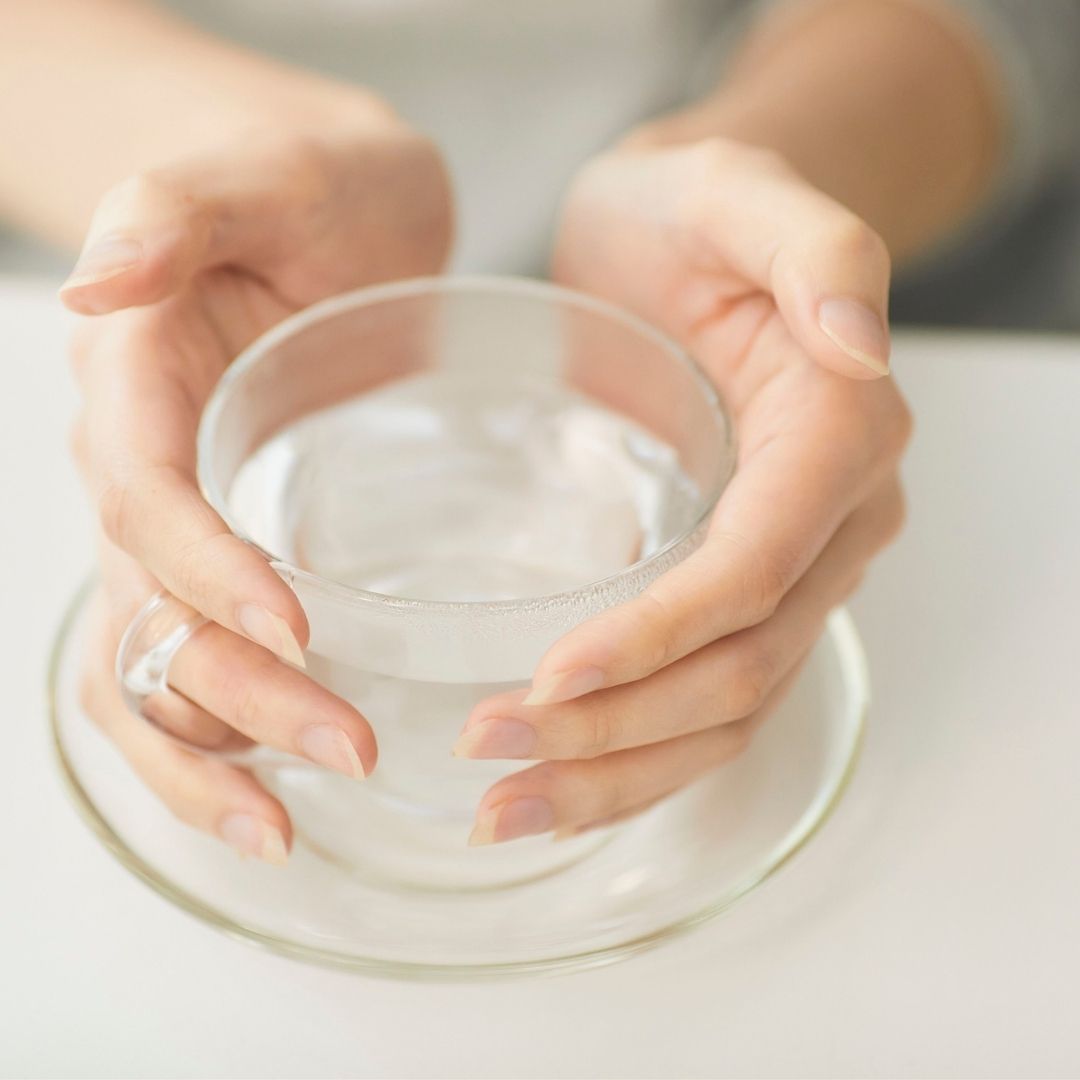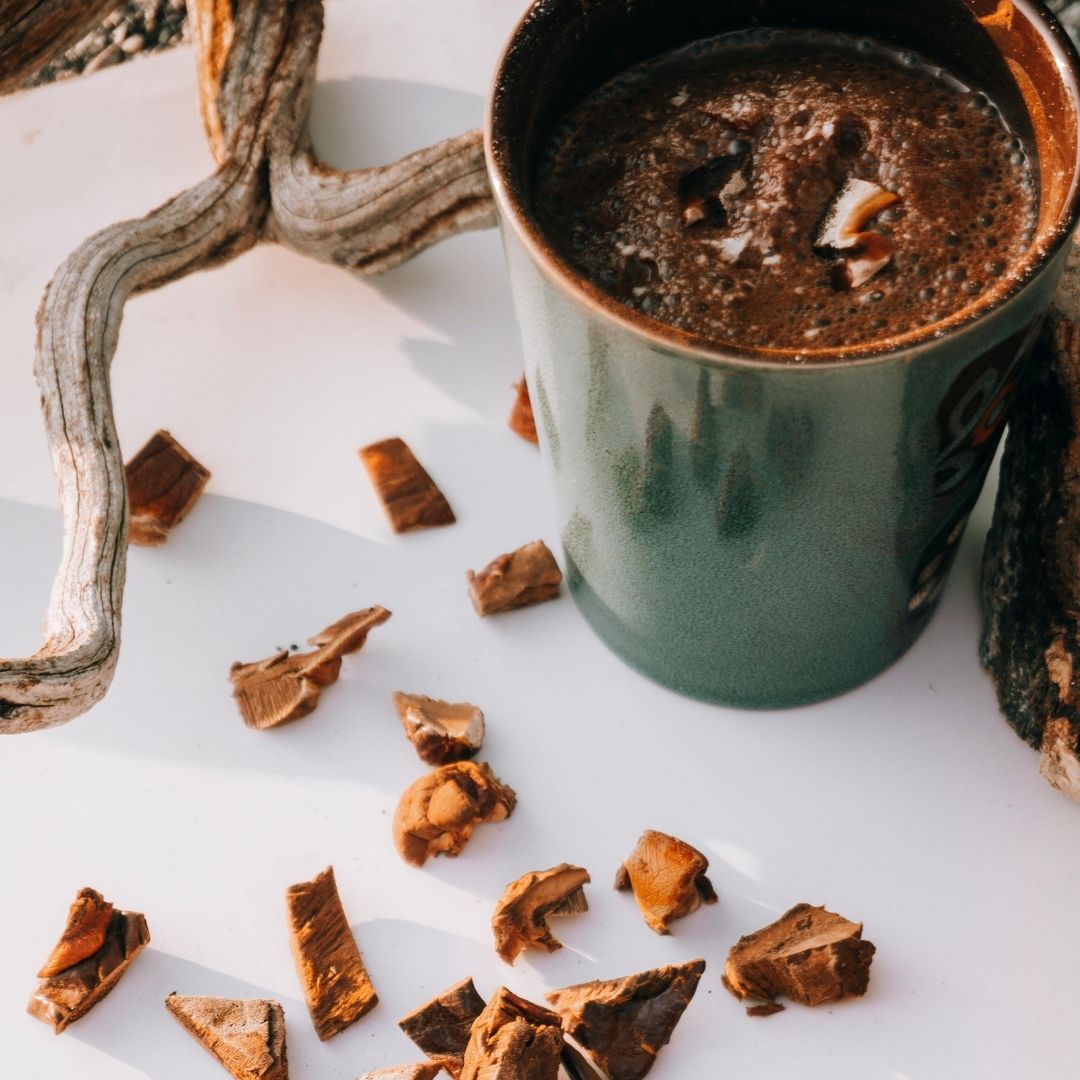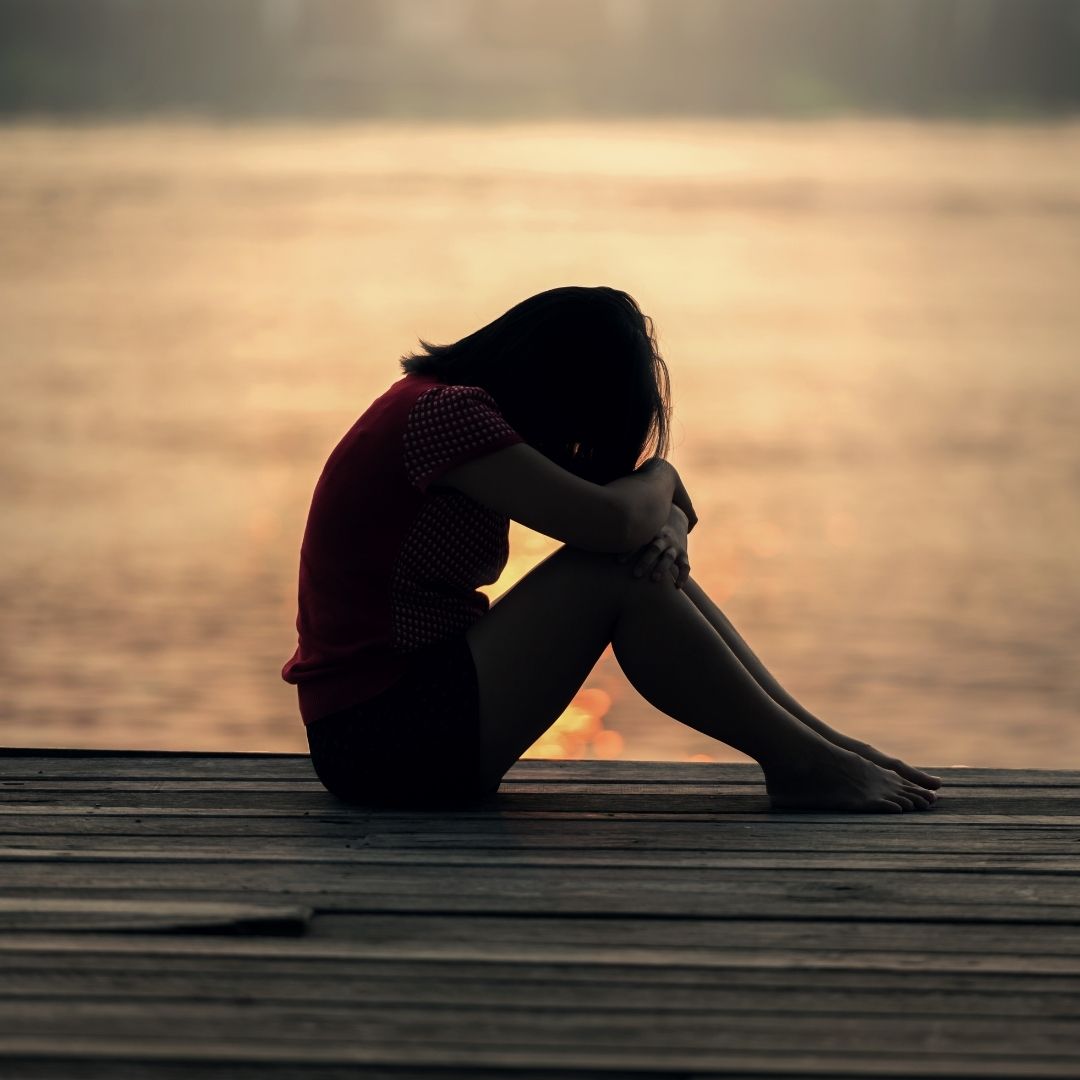If you’ve noticed your PMS feels worse lately, you’re not imagining it. I often hear from women around this time of year saying their mood, energy and sleep all feel harder to manage in the lead-up to their period. The seasonal change into autumn plays a big part in this, and once you understand why, it all starts to make sense.
Why PMS Feels Different in Autumn
In the second half of your cycle (the luteal phase), your brain naturally makes less serotonin – that’s the chemical that helps regulate mood, motivation and energy. This dip is one of the reasons PMS can make you feel more emotional, low or irritable. For more on this, I have a video on understanding and solving PMS here.
Now add in the autumn factor: shorter days and less light. Our brains rely on daylight to produce serotonin, so when we’re getting less of it, our overall levels drop even further. That means the ‘normal’ pre-period dip becomes more noticeable, and symptoms like mood swings or fatigue can feel much sharper.
There’s also a knock-on effect with sleep. Serotonin is needed to make melatonin, your sleep hormone. If serotonin is lower, melatonin will be lower too, which is why some women find they’re sleeping less soundly or feeling groggier during the day in autumn and winter.
So, if you’re thinking, ‘Why does my PMS feel so much worse this month?’ - the season is likely part of the answer!
What You Can Do to Support Yourself
There are, of course, some brilliant natural ways to support your body during this seasonal shift. Here’s where I usually recommend starting:
- Get outside daily – Even on a cloudy day, natural daylight is far more powerful than indoor lighting. Aim for 20–30 minutes outside, ideally in the morning, to give your brain the best chance of making serotonin. Try my Reset Morning Routine here.
- Prioritise movement – Gentle daily exercise can be really helpful for stabilising mood and energy. Think walking, yoga or cycling. It doesn’t have to be intense - consistency matters more than pushing yourself.
- Supplement – Soov is a beautifully formulated range of women’s health supplements that I recommend to clients seeking natural support throughout their cycling years, into perimenopause and beyond. For more information about how best to use Soov, have a look through the blog posts linked below. You can also take an isolated 5HTP supplement, the precursor to serotonin once a day in the morning. This can be magically effective for many women.
- Eat to support serotonin – Foods rich in tryptophan (like eggs, turkey, nuts and seeds) provide the raw materials your body needs to make serotonin. Pairing these with complex carbohydrates (like oats or brown rice) helps them cross into the brain more effectively.
- Keep blood sugar steady – Big energy crashes can make PMS mood swings feel worse. Try to include protein with every meal (fish, chicken, beans, lentils) to stay balanced. More on why blood sugar matters here.
- Look after your sleep – Reduce screen time before bed, keep your room cool and dark, and consider magnesium-rich foods (pumpkin seeds, dark leafy greens) in the evening to help your body wind down. Have a look at my recommended Evening Wind Down Checklist.
- Support stress resilience – Autumn can feel busy, and high stress will only add to the PMS load. Simple things like breathing exercises, journalling, or even just taking ten minutes for yourself can make a real difference. I’ve put together a handy guide of 6 Stress Fire Breakers here.
In Summary...
The combined effect of your natural cycle and the seasonal drop in light and serotonin can worsen PMS. But small daily shifts in how you manage light exposure, movement, food, and sleep can go a long way in supporting your body and taking the edge off those premenstrual lows. For more information about how to tackle specific symptoms, I recommend the following blog posts:
- How to Fix Your PMS Low Mood
- How to Alleviate Menstrual Cramps Naturally
- How to Ease Breast Tenderness Before Your Period
- Feeling Drained Before Your Period? Here’s Why
- Why You Feel Bloated Before Your Period - And What Actually Helps
.jpg)
.jpg)

.png)
.png)


.jpg)
.jpg)
.jpg)
.jpg)
.jpg)
.jpg)

.jpg)
.jpg)
.jpg)
.png)

.png)

.png)
.png)
.png)
.png)



